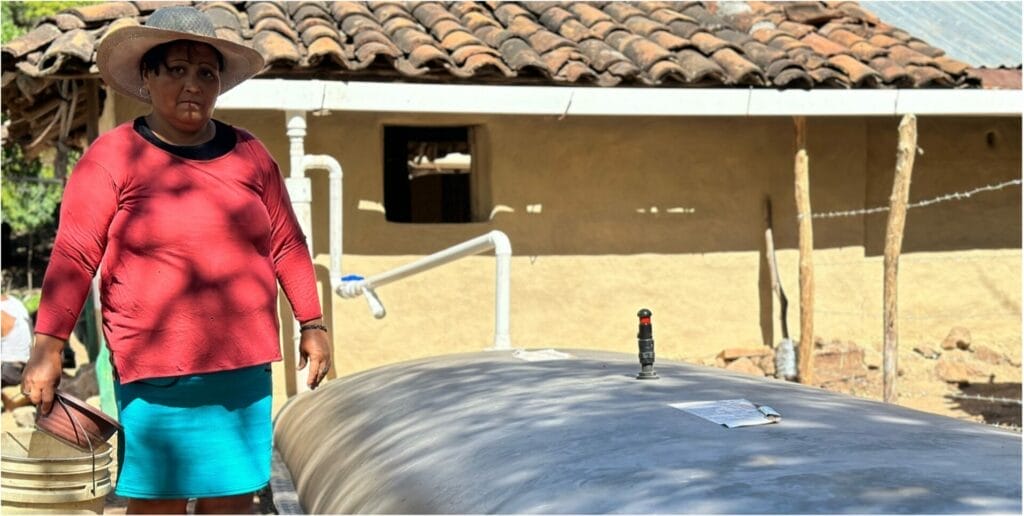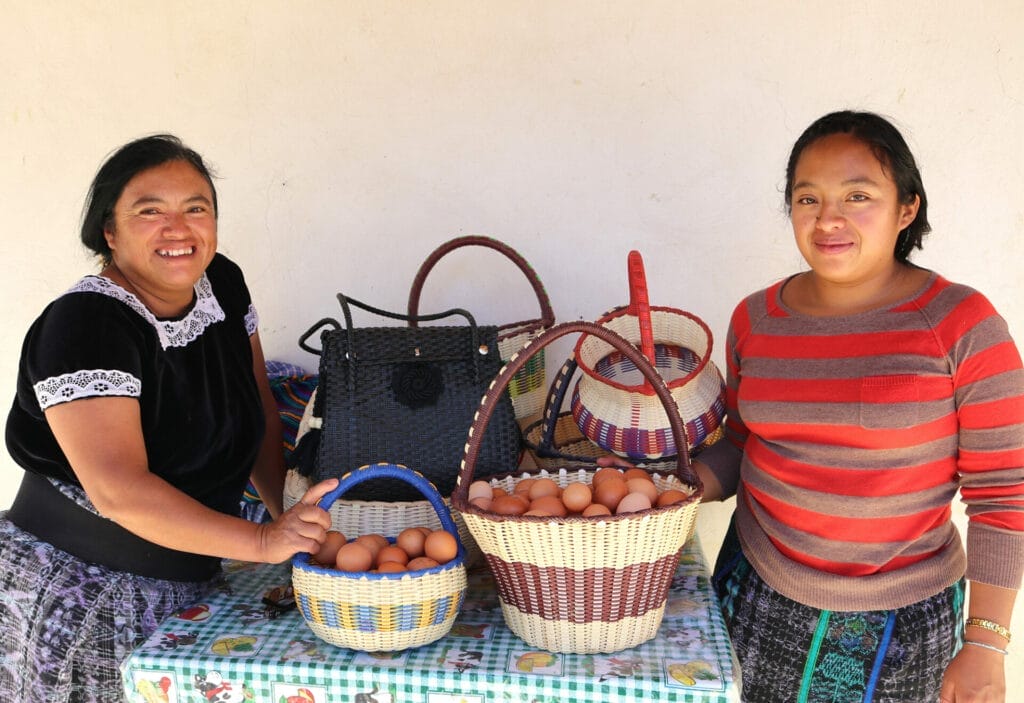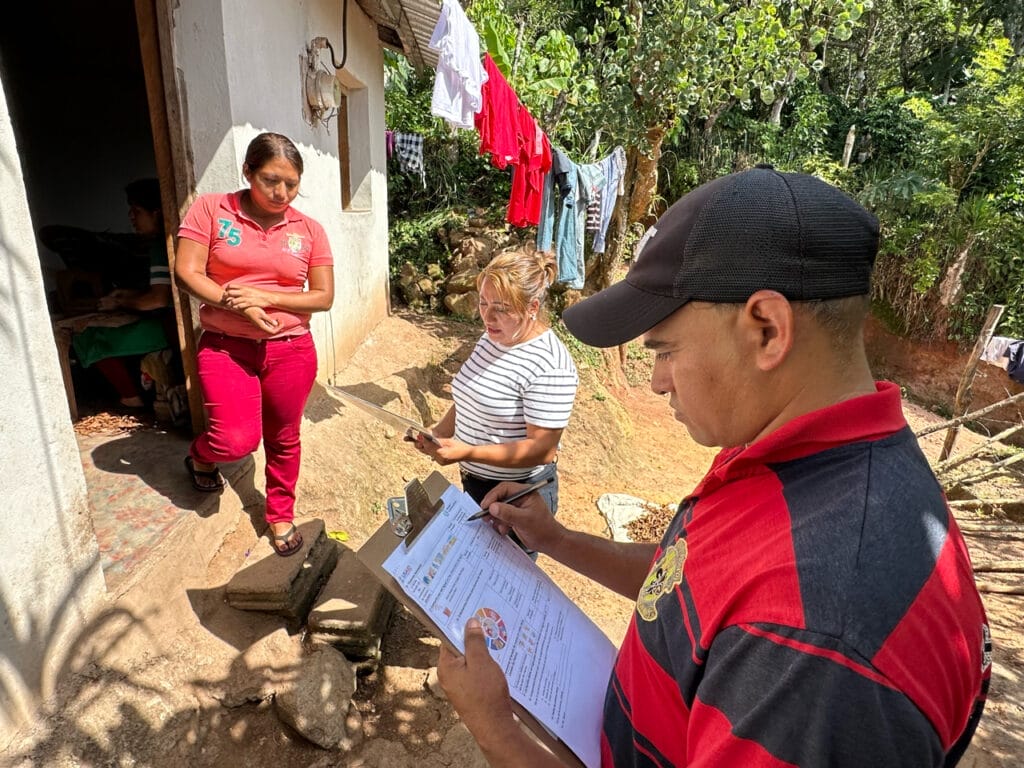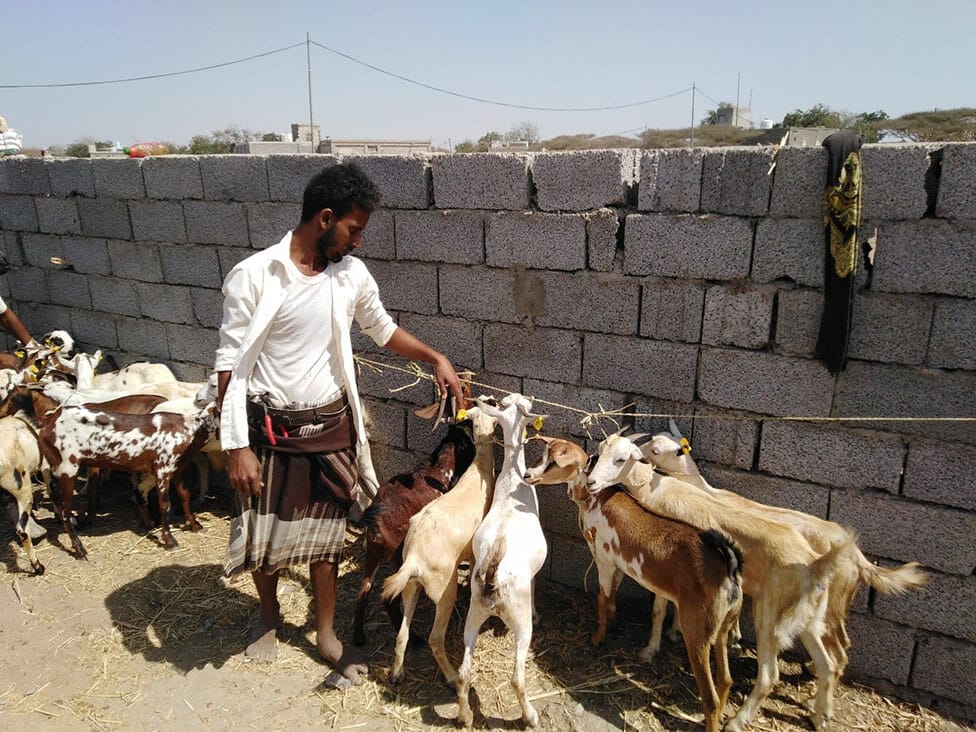Our programs work to provide or restore agricultural livelihoods opportunities, improve agricultural production and food availability, and promote self-reliance by reducing food aid dependency, even while meeting immediate, lifesaving food needs during periods of conflict or disaster. The availability of food production and agricultural livelihoods is intrinsically linked with the ability of families and communities to access nutritious food in a humanitarian crisis.
As part of our commitment to holistic food security, we support improved agricultural livelihoods by providing critically needed agricultural inputs, such as seeds, tools and fertilizer, to crisis-affected households. We support farmers to re-start their productive livelihoods and earn income, and accompany inputs with technical assistance on appropriate farming methods. We also support the use of climate-smart technologies such as urban gardens, micro-irrigation, seed multiplication and rainwater harvesting. Where appropriate, we also provide livestock inputs and technical assistance around appropriate livestock care, to support livestock-rearing households to generate income.
Our Approach
Global Communities supports food production by strengthening agricultural livelihoods. For example, in Syria, we rehabilitate critical infrastructure along the wheat-to-bread value chain, including mills and bakeries, to ensure that the infrastructure is in place to sustainably support local food production. We also support households to establish small gardens to provide fresh fruits and vegetables for consumption to support a nutritious diet.
Global Communities’ programs are balanced between food aid and livelihood promotion, with a focus on sustainable support, aiming to reduce food aid dependency, improve household nutrition and food availability, provide income and transition targeted groups from relief to sustainable livelihoods.
Our work in this area reaches
Resources
Briefs & Case Studies
‘Survival, Resilience and Solidarity’: Our Relief Efforts in Gaza (Arabic Translation)
Now over four months in, the humanitarian crisis in Gaza has reached catastrophic levels, with one in four households facing famine levels of food insecurity and severely limited access to safe water. “Our mornings begin with a silent check – are the kids, is everyone, alright?” said Mohammad, one of 74 staff members from Global…
Capacity Materials
Community-Led Emergency Action and Response: CLEAR Program
CLEAR is an 18-month, $15 million program implemented by Global Communities and funded by the United States Agency for International Development’s Bureau for Humanitarian Assistance (USAID/BHA). CLEAR is addressing the urgent protection, shelter & settlements (S&S), and water, sanitation and hygiene (WASH) needs for 22,580 people who have been affected by the war in Ukraine.…
Research & Publications
Humanitarian Assistance, Resilience, and Rebuilding: The Long-term Impact of the Neighborhood Approach on Post Earthquake Haiti
Summary of FindingsA Post-Project Sustainability Study of The KATYE Project The January 12, 2010 earthquake in Haiti was the largest natural disaster in the country’s history. Residents were confronted with a tragedy of monumental scale and the daunting task of building back. Among the hundreds of projects implemented in response to the disaster was the…
NEWS
Latest stories from the blog

María’s Harvest: Empowering Sustainable Farming and Drought Resilience in Honduras
María Martínez is a wife, mother, grandmother and producer of basic grains living in the Zacatustal, San Ramón, Choluteca community in Honduras. Her home is …
Read More
Adapting and Innovating in a Volatile World: Reflections from the 2024 Fragility Forum
By Paula Rudnicka, Sr. Manager for Public Affairs Last month, the World Bank held its 2024 Fragility Forum – a biannual conference that brings together …
Read More
Mother-Daughter Duo Hatch Success with Poultry Farming Business in Rural Guatemala
Elsa Carrillo and her daughter Debora have found that sometimes it’s worth it to put all your eggs in one basket – especially when you …
Read More
Hygiene Promotion Volunteers Help Make Clean Water Count in Communities
Until a few months ago, the community of El Bijao did not have access to clean and safe drinking water. Residents of the western Honduras …
Read More





